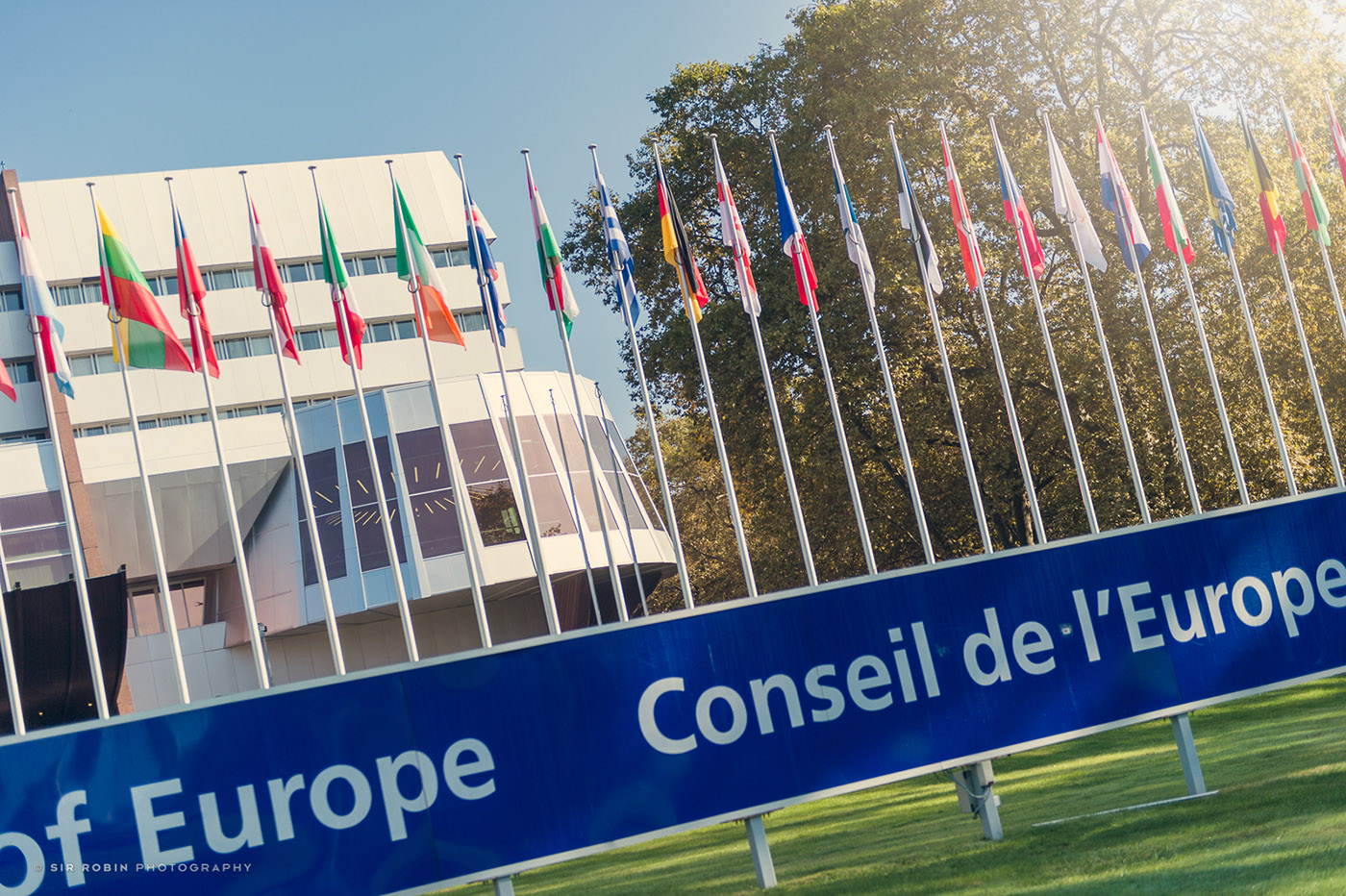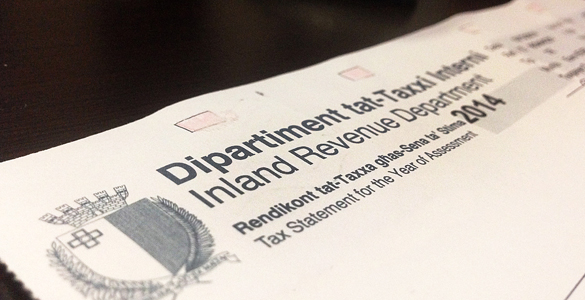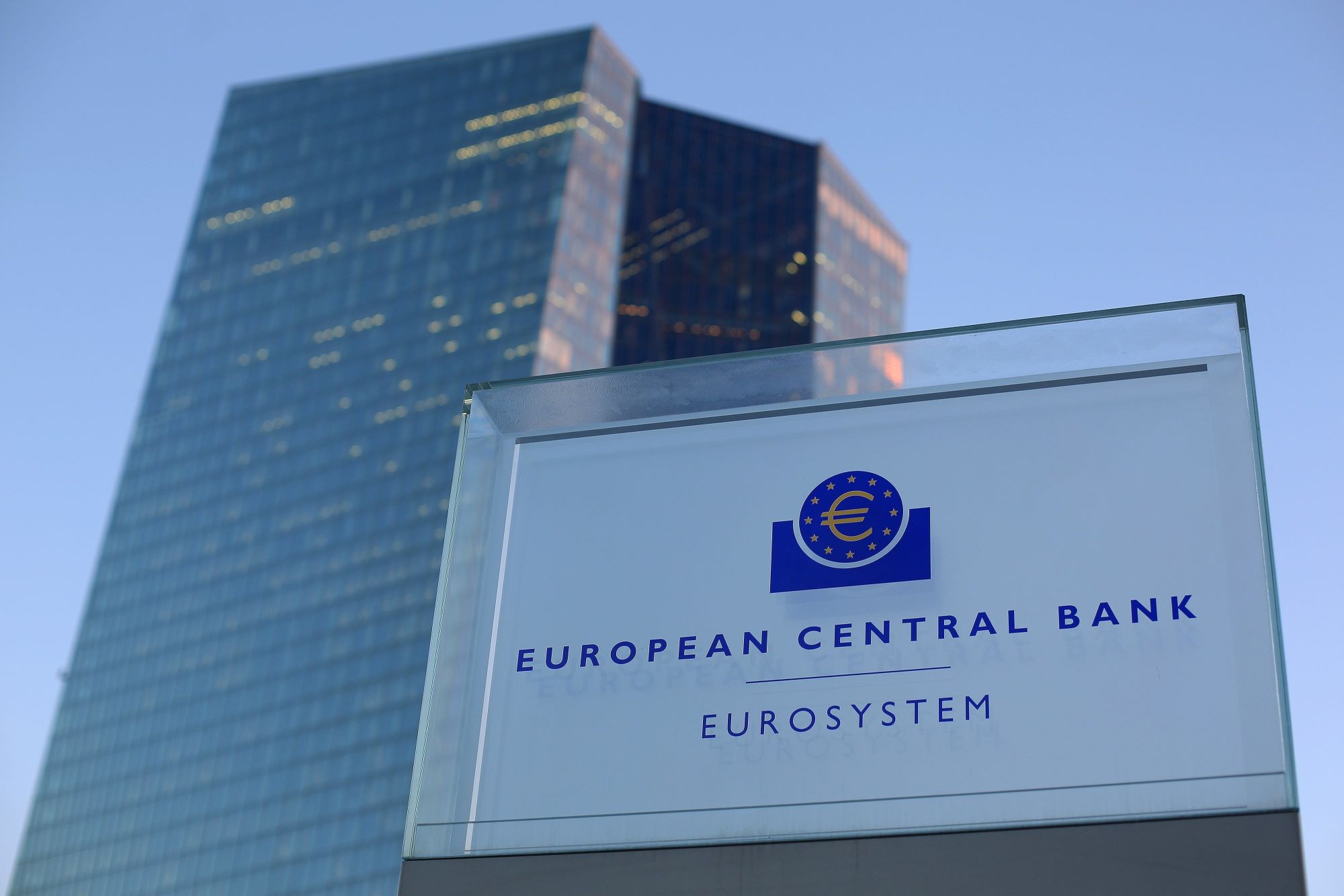A Moneyval report expected to reach Government within weeks presents Malta with its last chance for feedback before the European money laundering watchdog delivers its final verdict in the summer.
The Times of Malta reports that Government sources have confirmed they are waiting for a report from the Council of Europe’s Moneyval experts that will review the country’s efforts to avoid being grey-listed.
The report will be sent this month to the national coordination centre tasked with improving the country’s law enforcement and administrative performance, set up by Government in 2019 after Malta failed the exhaustive Moneyval test of its anti-money laundering regime.
The Government has since then enacted a raft of reforms and changes in key personnel across practically all the institutions involved, including changes at the top for the police’s economic crimes unit.
This report follows a final progress report sent to Malta in October 2020, and will be followed by the delivery of Moneyval’s final position in summer. Until then, Malta will be pushing to implement further changes to meet the Council of Europe’s expectations.
Moneyval’s final position, however, is not the last stage in the process.
The decision on whether or not Malta is greylisted will actually be taken by another body, the Financial Action Task Force (FATF), Moneyval’s international big brother.
Malta will begin engaging with the FATF later this month, with a team expected to visit Malta for in-depth meetings in April.
The task force will be the body to ultimately decide if Malta is put on the money laundering ‘naughty’ list, but it will factor in Moneyval’s final position.
The current grey list includes Albania, the Bahamas, Barbados, Botswana, Cambodia, Ghana, Iceland, Jamaica, Mauritius, Mongolia, Myanmar, Nicaragua, Pakistan, Panama, Syria, Uganda, Yemen and Zimbabwe. There has never been an EU member state on the grey list.
Being put on the grey list comes with a strict reform procedure and ‘hand-holding’ by global authorities.
The grey list does not imply any economic sanctions but serves as a signal to the global financial and banking system about heightened risks from transactions with the country in question.
Top 5% of taxpayers responsible for one-third of all income tax paid in Malta
On the other hand, the bottom third of income earners pay just 1.7% of all income tax generated
The Malta Institute of Accountants prepares for its 2024 Anti-Money Laundering Conference
Held at the Radisson Blu, St Julians, this latest AML Conference promises to bring exclusive insights on new procedures
Eurozone interest rates to remain unchanged
The European Central Bank noted that price pressures remain persistent






